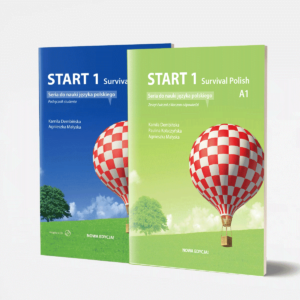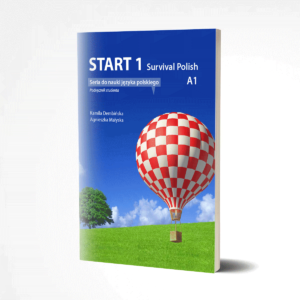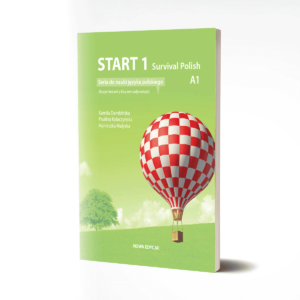In the early stages of learning a foreign language, it is crucial to learn basic vocabulary and expressions, including those for greetings and goodbyes. The phrases in this category suggest how to politely address others when talking to them face to face or on the phone, or when communicating through the written word, i.e. by email or sending traditional letters. Learn about the most popular polite phrases in the Polish language and how to use them appropriately, taking into account the context, circumstances, attitude towards the recipient of the spoken words, the degree of intimacy of the relationship existing between the interlocutors, and the age and social role of the person to whom a specific message is addressed.
Forms of politeness in the Polish language
Polite phrasesare an integral part of spoken as well as written language. Such constructions can be neutral, elevated, as well as colloquial. As you can easily guess, it is common to use these formulas for both everyday circumstances and official situations. Get to know the typical phrases of politeness in the Polish language now and learn how to use them correctly. This is an important social skill that should be acquired by every person learning Polish who wants to communicate efficiently and effectively with other users of the language.
How should official texts begin?
Official texts, such as official letters, invitations, thanks for cooperation, or business emails, must begin with a formal expression. Most often in such a case, general forms of politeness are used, so any of the following phrases:
- „Dear Sir, …”
- „Dear Madam, …..”
- „Ladies and Gentlemen, .
How should we address the elderly?
Linguistic politeness is also important when dealing with people older than us. One of the rules to keep in mind is that the transition to „you” should always be initiated by an older person, it is simply not appropriate for a younger one. A similar rule, taking into account the criterion of age, prevails when extending a hand in greeting – in this case, too, the older person has priority. In turn, in conversations with older family members, that is, in a familiar circle, i.e. in informal situations, it is permissible to use phrases such as: „Dear Grandpa/Dear Grandma…” or „Dear Uncle/Dear Aunt…”.
How should recipients be titled in different social situations?
The politeness phrases used should also be adjusted according to the education, academic achievement or profession of a particular person. Thus, the phrases used will depend, among other things, on the academic title („Dear Professor”), professional title („Dear Counselor”), official dignity („Dear Magnificence”), managerial position held („Dear Director”), or service title and military or police rank („Dear Inspector”).
How to start correspondence?
Polite phrases in Polish used to start correspondence can be divided into three categories:
- Official expressions addressed to the addressee, whose social role is not known to the sender – for example, „Dear Sirs.”
- Official expressions addressed to an addressee performing certain professional functions – for example, „Dear Mr. Director.”
- Unofficial (private) expressions addressed to close people, e.g. siblings, friends, acquaintances – e.g. „Dear Parents/Hi, Kasiu/Hey, Krzysiek”.
How to end correspondence?
The most common polite phrases in Polish, with which to end correspondence, are:
- Official wording – e.g., „With best regards/Yours sincerely.”
- Informal expressions – e.g., „Greetings.”
Under what circumstances do we use the phrase „hello”?
For some time now, the word „hello” has become a popular way to start e-mail correspondence and is considered synonymous with the usual „good morning.” However, experts in linguistic etiquette point out that the use of this phrase is inappropriate, inelegant, inappropriate and sometimes even condescending, so it should be abandoned. The phrase indicates the relationship of superiority and inferiority between the addressee and sender of such words, which is not always appropriate. The expression „welcome” can only be used by a host who welcomes guests into his home and, opening the door to them, invites them to come inside, completing this with an inviting gesture. Knowledge of the most important rules of modern linguistic etiquette regarding greetings and farewells is knowledge that comes in handy and allows you to easily find your way in many communication situations. Polite ph rases in Polish – it is worth remembering a few specific phrases and examples of their correct application to different interlocutors. Thanks to this, you will always, regardless of the circumstances, be able to show that you are a person who is familiar with personal culture, impeccable manners and good manners.





